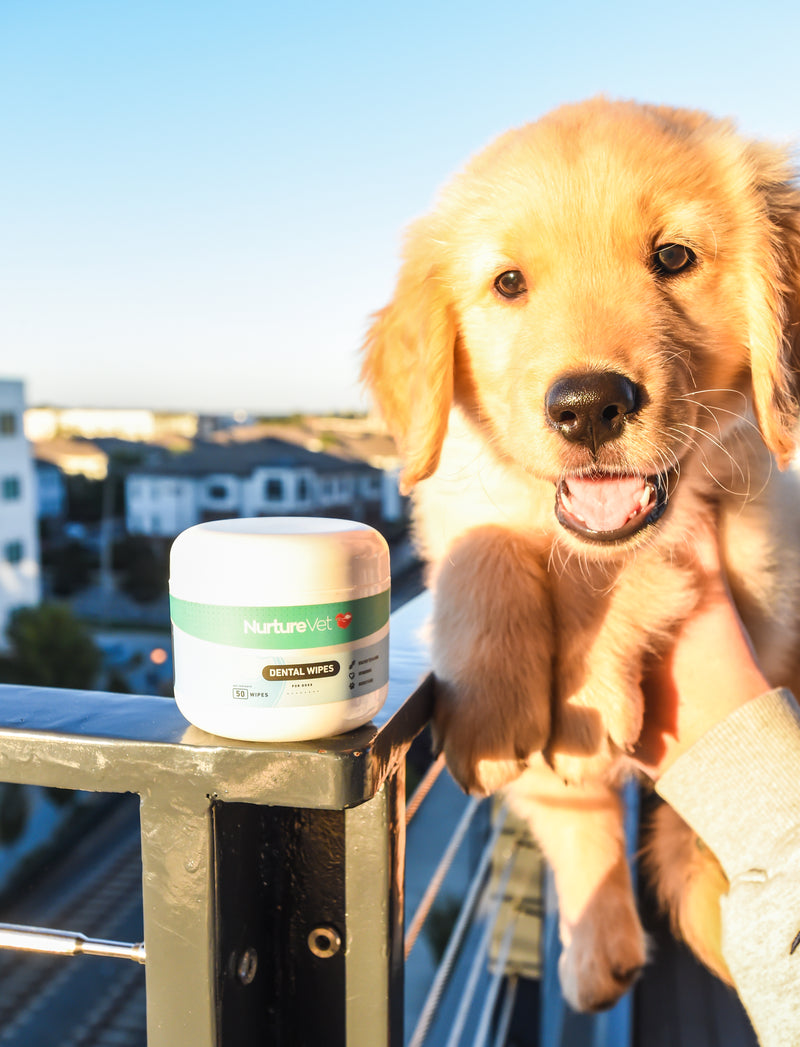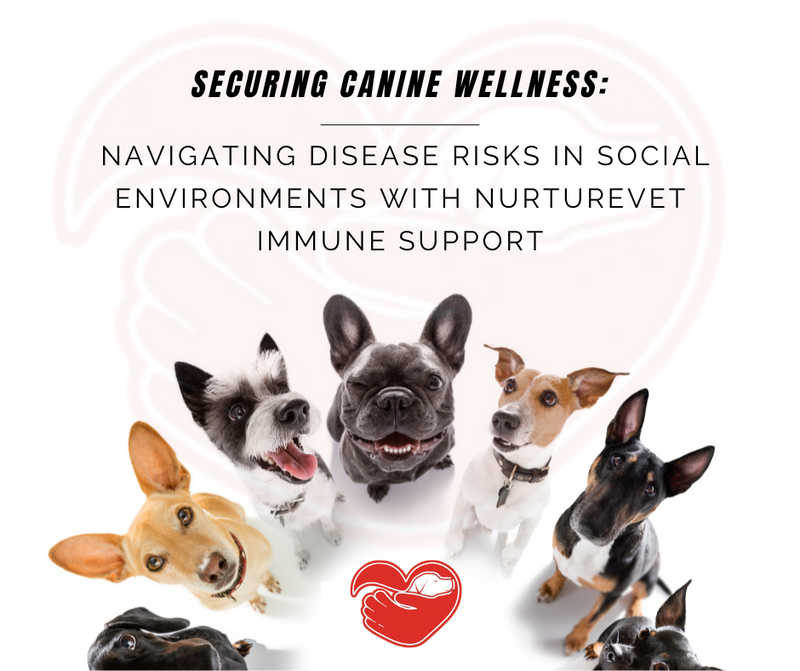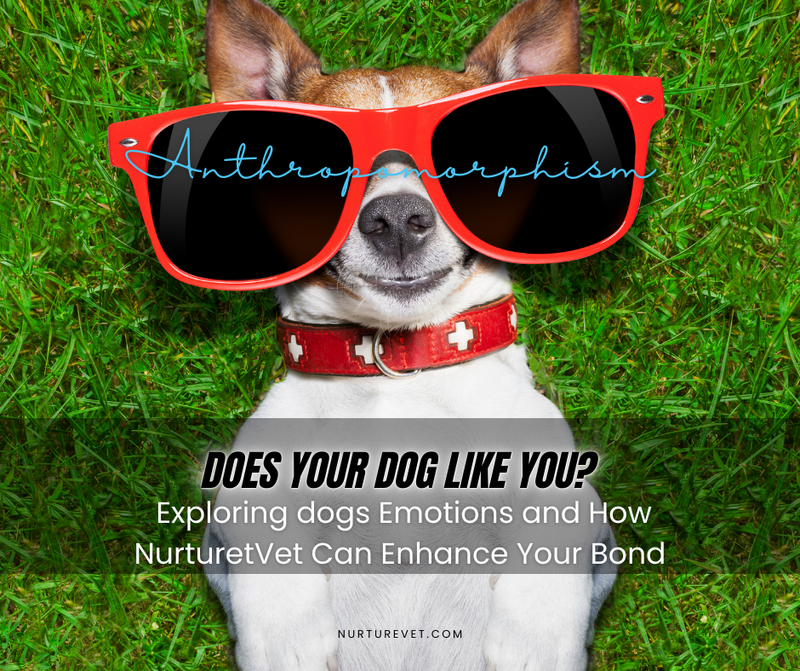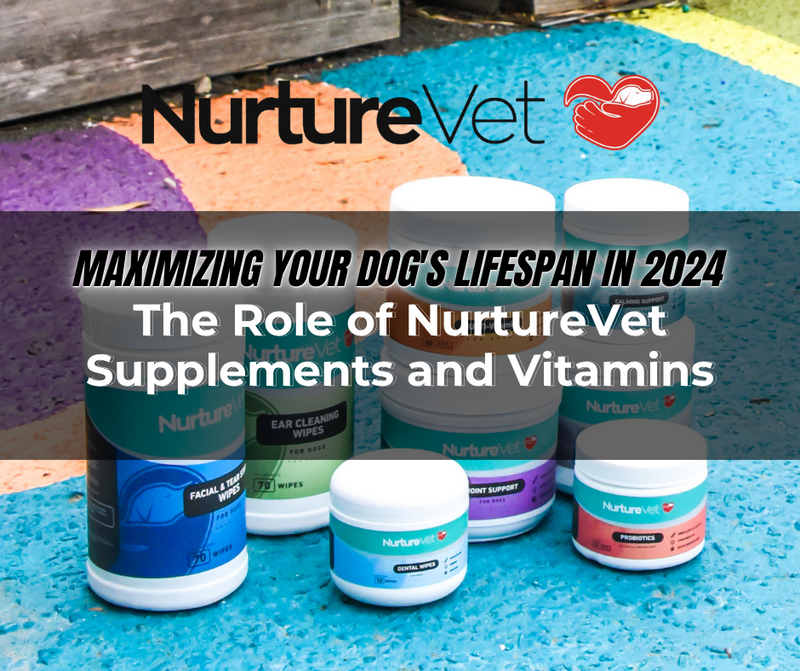
Dental health is an important aspect of your dog's overall wellbeing. Just like humans, dogs are susceptible to various dental problems. Keeping your dog's teeth clean and healthy can decrease their risk of dental diseases.
We have come up with an informative post on how to take care of your dog's teeth. By following these tips, you can help your dog maintain good dental hygiene and prevent dental problems from developing. Let's get started!
How many teeth do dogs have?
Adult dogs have 42 teeth in their mouth. Their upper jaw is known as Maxilla and lower jaw is known as Mandible. Mandible has 22 teeth while Maxilla has 20 teeth.
Just like us, dogs go through two sets of teeth in their lifetime. Puppies usually have a total of 28 teeth, 14 in their upper jaw and 14 in the lower jaw. All dogs usually have the following types of teeth in their mouth:

Signs of dental problems in dogs
Most pet owners don’t recognize that their dogs have a dental issue until the problem has increased. Here are some signs and symptoms of dental problems in dogs:

- Discoloration of teeth or build-up of plaque and tartar
- Bad smelling breath
- Gum redness or inflammation
- Thick saliva
- Facial swelling or swelling under the eye
- Difficulty eating or loss of appetite
- Discomfort, lumps or bleeding around the mouth
- Pawing at the mouth
If you notice any signs of dental illness, you should talk to your vet.
How can you protect your dog's dental health?
As a pet parent, you play a vital role in keeping your dog's teeth clean and healthy. The good news is that there are easy ways to take good care of your dog's teeth. Regular brushing, providing dental chews and toys, feeding a healthy diet, regular dental checkups, and providing clean drinking water are all important to ensure that your dog's teeth stay clean and healthy.
Here are some tips on how to keep your dog's teeth clean and healthy.
- Regular brushing
It's important to brush your dog's teeth regularly. This will help them to prevent tooth decay, gum disease, and other dental problems. You should brush your dog's teeth as frequently as possible, at least 2-3 times a week.
Start by introducing your dog to the toothbrush and toothpaste gradually. Let them smell and taste the toothpaste first, then gently brush their teeth. Be patient and take your time as your dog may resist at first. Reward them with treats If you want to keep your dog's teeth and gums without the hassle, use NurtureVet Dental Wipes for Dogs praise to encourage them to cooperate.
- Dental chews and dental treats:
Dental chews can help prevent plaque and calculus accumulation. They also help to exercise your dog's jaw muscles and reduce boredom. There are various types of dental chews. Always choose the correct size for your dog and match the treat or toy to your dog’s personality and preferences. Limit edible treats as they can quickly add lots of calories.
- Feed a healthy diet
A healthy diet is not only good for your dog's overall health but also their dental health. Feeding your dog a diet that is rich in vitamins and minerals can help to strengthen their teeth and gums. Avoid feeding your dog sugary and starchy foods as they can contribute to plaque and tartar buildup.
You can add NurtureVet Multi-Vitamins for a balanced diet. Also, probiotic supplements help create a healthy bacterial environment in your dog's mouth.
-
Regular dental checkups

Regular dental checkups are vital for maintaining your dog's dental health. Your vet can examine your dog's gums and teeth and identify any potential problems early on.
During a dental checkup, your veterinarian may also recommend a professional dental cleaning or treatments and procedures to prevent dental problems from developing.
- Provide clean drinking water
Clean drinking water is important for your dog's overall health, including their dental health. Make sure that your dog has access to fresh, clean water at all times. Change their water bowl daily and clean it thoroughly to prevent bacteria buildup.
- Start good oral habits early
The key to home dental care is to start when dogs are puppies. It will help set your dog up with good dental health for his whole life. It's easy to make oral care fun for dogs. Encouragement and reward systems can help your dog make teeth cleaning a habit.
Regular oral care along with occasional professional cleanings at your vet is vital to your dog's overall health. Regular dental care will help to:
- Provide clean drinking water
Clean drinking water is important for your dog's overall health, including their dental health. Make sure that your dog has access to fresh, clean water at all times. Change their water bowl daily and clean it thoroughly to prevent bacteria buildup.
- Start good oral habits early
The key to home dental care is to start when dogs are puppies. It will help set your dog up with good dental health for his whole life. It's easy to make oral care fun for dogs. Encouragement and reward systems can help your dog make teeth cleaning a habit.
Regular oral care along with occasional professional cleanings at your vet is vital to your dog's overall health. Regular dental care will help to:
- Remove bacteria and tartar buildup from your dog's mouth
- Prevent tooth decay and painful cavities
- Prevent periodontal disease, inflammation of the gums, and other gum diseases
- Prevent bad breath
- Protect teeth from becoming loose and falling out
Final thoughts
Want more years with your precious furry child? Keep their teeth clean and maintain good dental hygiene! Caring for your dog's teeth can easily add two to three years to their life. The earlier you instill good oral care habits in your dogs, the better it is for your dog.
Healthy mouth is important to their overall health and quality of life. With a little daily attention to dental care from puppyhood, dogs can have healthy teeth for a lifetime. Use your dog's annual vet checkup as an opportunity to discuss their teeth and overall dental health.
Hope you enjoyed reading this article! Did you find this article helpful? Feel free to share your thoughts and questions. We would be happy to hear from you





0 comments